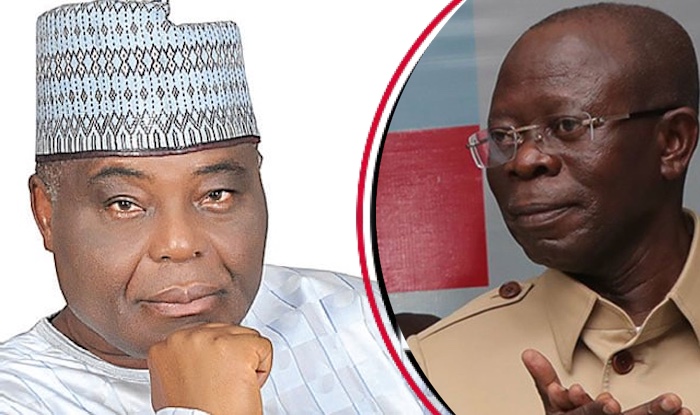Copyright tribuneonlineng

The Federal Government has inaugurated the national steering committee of the European Union(EU)-funded Education and Youth Empowerment in Nigeria (EISS) project, a major initiative designed to strengthen teacher capacity, promote digital learning and build a resilient, future-ready education system across six states. Minister of State for Education, Professor Suwaiba Ahmad, speaking during inauguration of the committee in Abuja, described the initiative as a timely intervention that aligns with the Federal Government’s ongoing education reforms. She disclosed that the project was launched in collaboration with the European Union (EU) and United Nations Educational Scientific and Cultural Organisation (UNESCO), and that it marks a new chapter in Nigeria’s drive to modernise its education sector through innovation and partnership. She said the EISS programme underscored Nigeria’s determination to equip teachers with the digital and pedagogical skills needed to meet 21st-century learning demands. Ahmad also explained that the project emphasised synergy and innovation as essential elements in ensuring sustainable impact and long-term transformation within the education system. “The EISS project is anchored on three major pillars-digital training for teachers, curriculum reform, and the creation of a national community of practice to encourage collaboration and knowledge sharing among educators,” she stated. According to the head of Cooperation for the European Union in Nigeria, Massimo De Luca, the initiative reflects EU’s commitment to advancing education and human capital development across Africa under its Global Gateway strategy. He noted that the EU views education as a cornerstone for inclusive growth, innovation, and opportunity, describing the EISS project as a long-term investment in Nigeria’s future. De Luca also highlighted the importance of restoring confidence and pride in the teaching profession, stressing that this goal requires collective commitment from government institutions, development partners, and local communities. “With technical support from UNESCO, the EISS project is expected to serve as a model for educational resilience and youth empowerment in sub-Saharan Africa. “Also, by merging global expertise with local experience, the project aims to transform classrooms into dynamic spaces that foster creativity, digital literacy, and problem-solving skills,” she noted. Stakeholders have also observed that the success of the EISS initiative would depend on strong coordination, transparency, and sustained investment across all levels of implementation. On its part, the Federal Ministry of Education has pledged to ensure accountability and measurable outcomes as part of its broader agenda to strengthen Nigeria’s education system. Officials of the ministry are of the belief that the project “represents a crucial step in redefining the role of teachers as drivers of innovation and nation-building, while equipping young Nigerians with the skills to thrive in a rapidly evolving world.”



